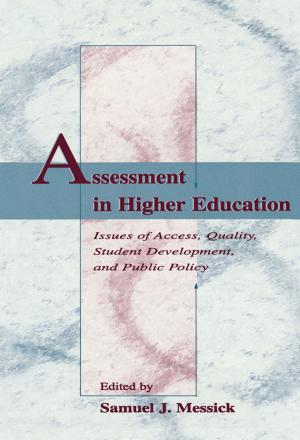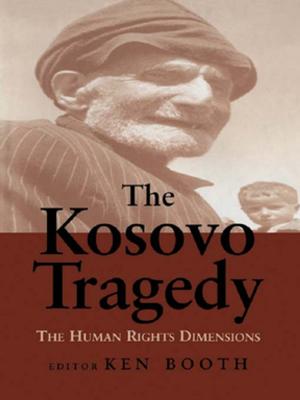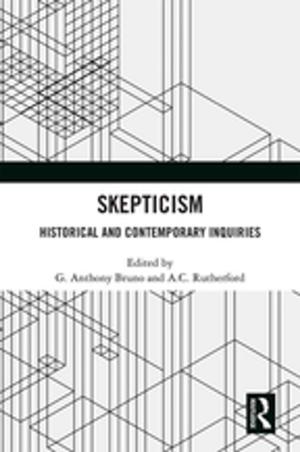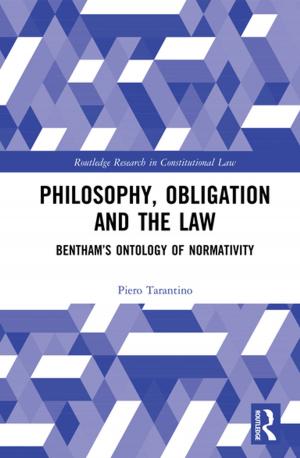The Politics of the Prison and the Prisoner
Zoon Politikon
Nonfiction, Social & Cultural Studies, Social Science, Crimes & Criminals, Criminology| Author: | Susan Easton | ISBN: | 9781317368915 |
| Publisher: | Taylor and Francis | Publication: | June 13, 2018 |
| Imprint: | Routledge | Language: | English |
| Author: | Susan Easton |
| ISBN: | 9781317368915 |
| Publisher: | Taylor and Francis |
| Publication: | June 13, 2018 |
| Imprint: | Routledge |
| Language: | English |
In recent years there has been a resurgence of interest in the role of the prison as a source of political ideas and site of political engagement, as well as in the prisoner’s quest for citizenship. The rising number of prisoners has increased fiscal burdens, which has meant that imprisonment has become a more important political issue. There is also greater interest in the prison as a site of political activism and in the generation of radical political ideas within the prison context and the formation of political networks within prison which extend beyond the prison walls.
This book considers the prison as a site of political protest, discusses the quest for citizenship and the denial or negation of citizenship in prison, examines the discovery of politics in prison and the role of the prison in increasing political awareness, explores the treatment of political prisoners and reflects on the prisoner as a political problem for politicians negotiating pressures from the media and the public when addressing prisoners’ demands.
Drawing on a range of contemporary and historical topics such as prison riots, radicalisation and the denial of voting rights, and including discussion of cases from the UK, US and Russia, this book examines the prison as a political institution and as a site of both politicisation and political protest. This book will be of interest to students and academics engaged with prisons, penology, punishment and corrections.
In recent years there has been a resurgence of interest in the role of the prison as a source of political ideas and site of political engagement, as well as in the prisoner’s quest for citizenship. The rising number of prisoners has increased fiscal burdens, which has meant that imprisonment has become a more important political issue. There is also greater interest in the prison as a site of political activism and in the generation of radical political ideas within the prison context and the formation of political networks within prison which extend beyond the prison walls.
This book considers the prison as a site of political protest, discusses the quest for citizenship and the denial or negation of citizenship in prison, examines the discovery of politics in prison and the role of the prison in increasing political awareness, explores the treatment of political prisoners and reflects on the prisoner as a political problem for politicians negotiating pressures from the media and the public when addressing prisoners’ demands.
Drawing on a range of contemporary and historical topics such as prison riots, radicalisation and the denial of voting rights, and including discussion of cases from the UK, US and Russia, this book examines the prison as a political institution and as a site of both politicisation and political protest. This book will be of interest to students and academics engaged with prisons, penology, punishment and corrections.















